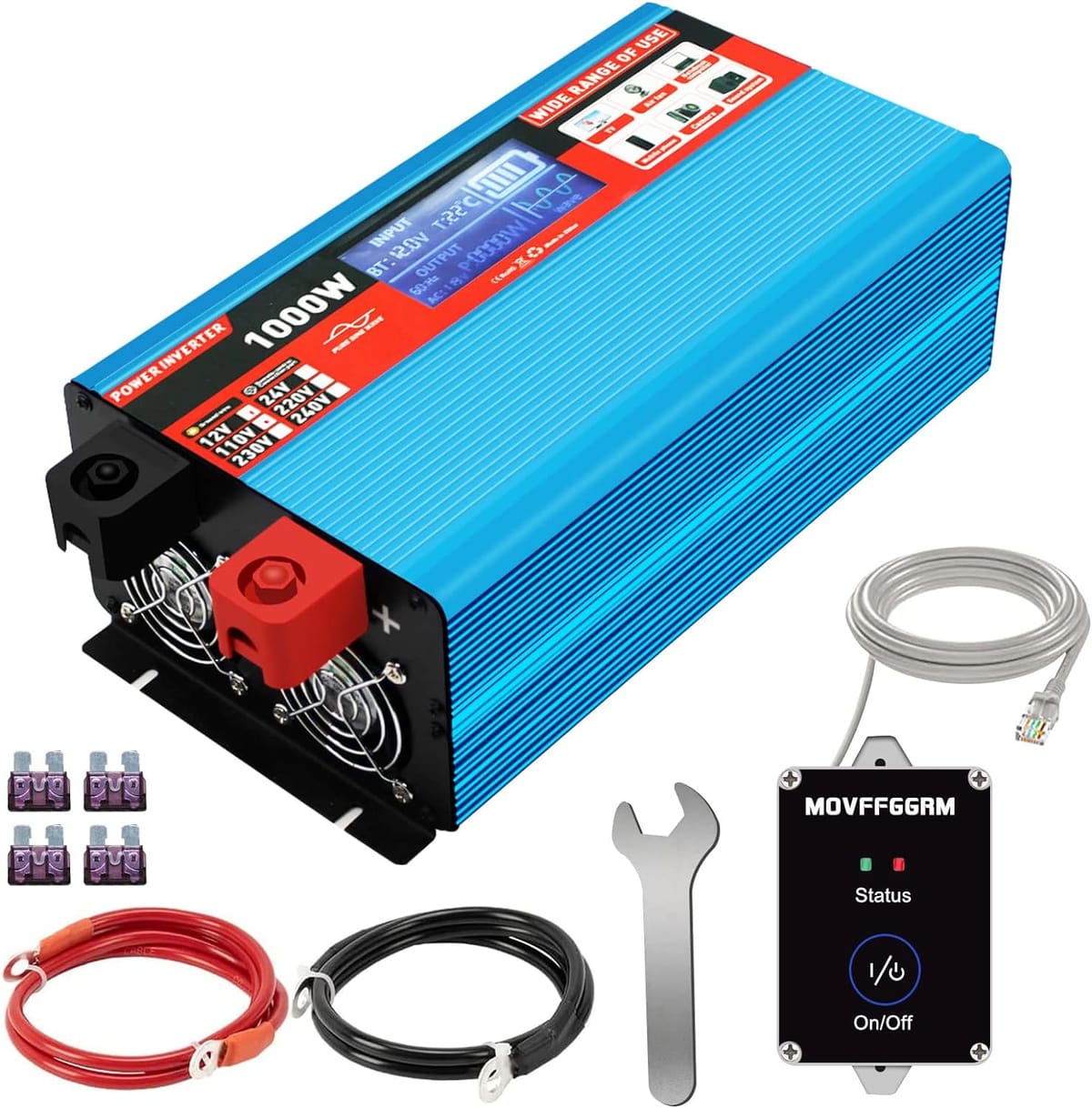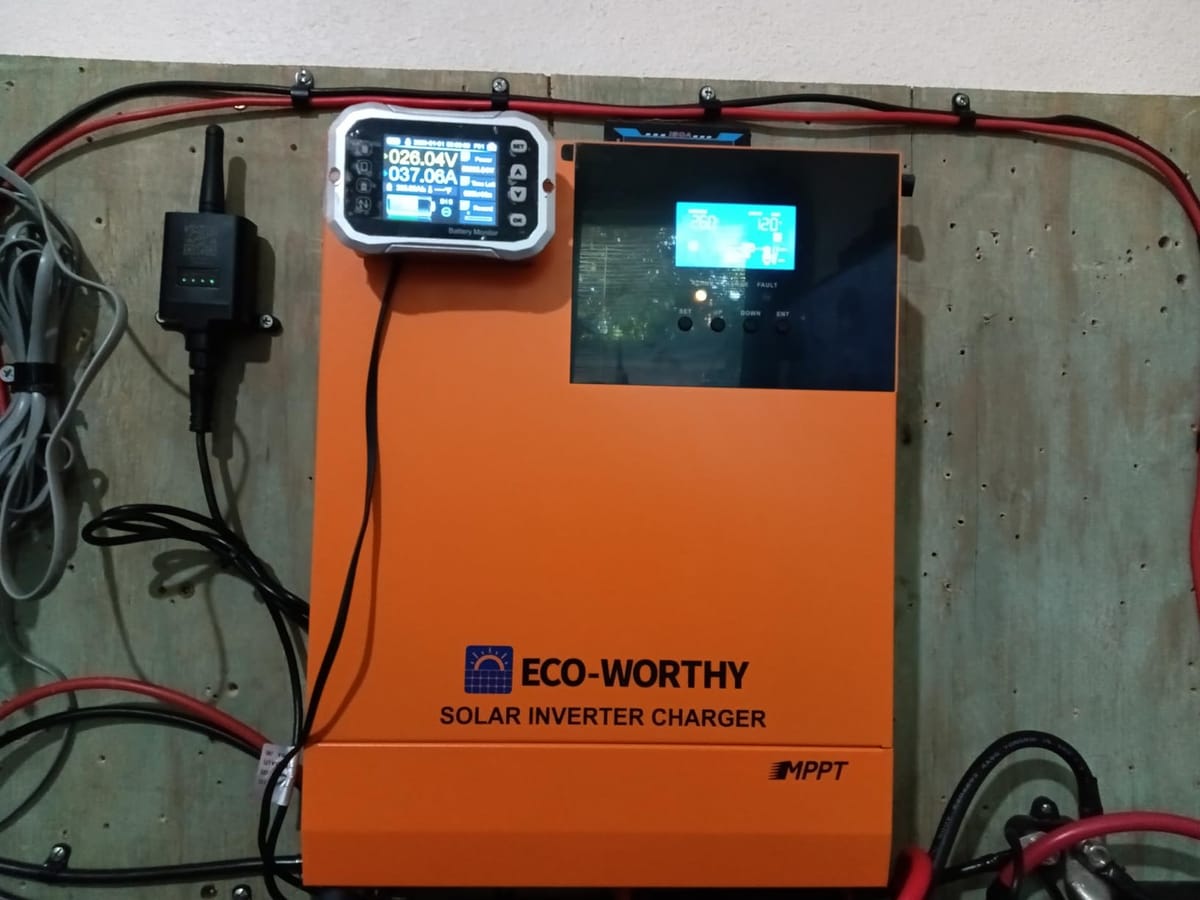Key Takeaways:
- Hybrid inverters seamlessly integrate solar power generation with battery storage systems, providing a versatile solution for energy management.
- They provide energy independence by storing surplus solar energy for later use, ensuring power availability during blackouts.
- Hybrid inverters enhance energy savings by optimizing the use of solar power and reducing reliance on grid power.
Introduction to Hybrid Inverters
Hybrid inverters are the unsung heroes of modern solar power systems. They combine the functionalities of traditional solar inverters and battery inverters, creating a versatile and efficient energy management solution. A battery inverter is responsible for converting stored direct current (DC) electricity in solar batteries to alternating current (AC) that can be used in homes, providing a more cost-effective solution for battery storage compared to hybrid inverters. But what exactly is a hybrid inverter, and why is it becoming a popular choice for homeowners and businesses alike?
In essence, a hybrid inverter is a device that converts DC electricity generated by solar panels into AC electricity, which can be used by household appliances. Additionally, it manages the storage of excess energy in batteries, ensuring that power is available even when the sun isn’t shining. This dual capability makes hybrid inverters a cornerstone of energy independence and efficiency.
How Hybrid Inverters Work
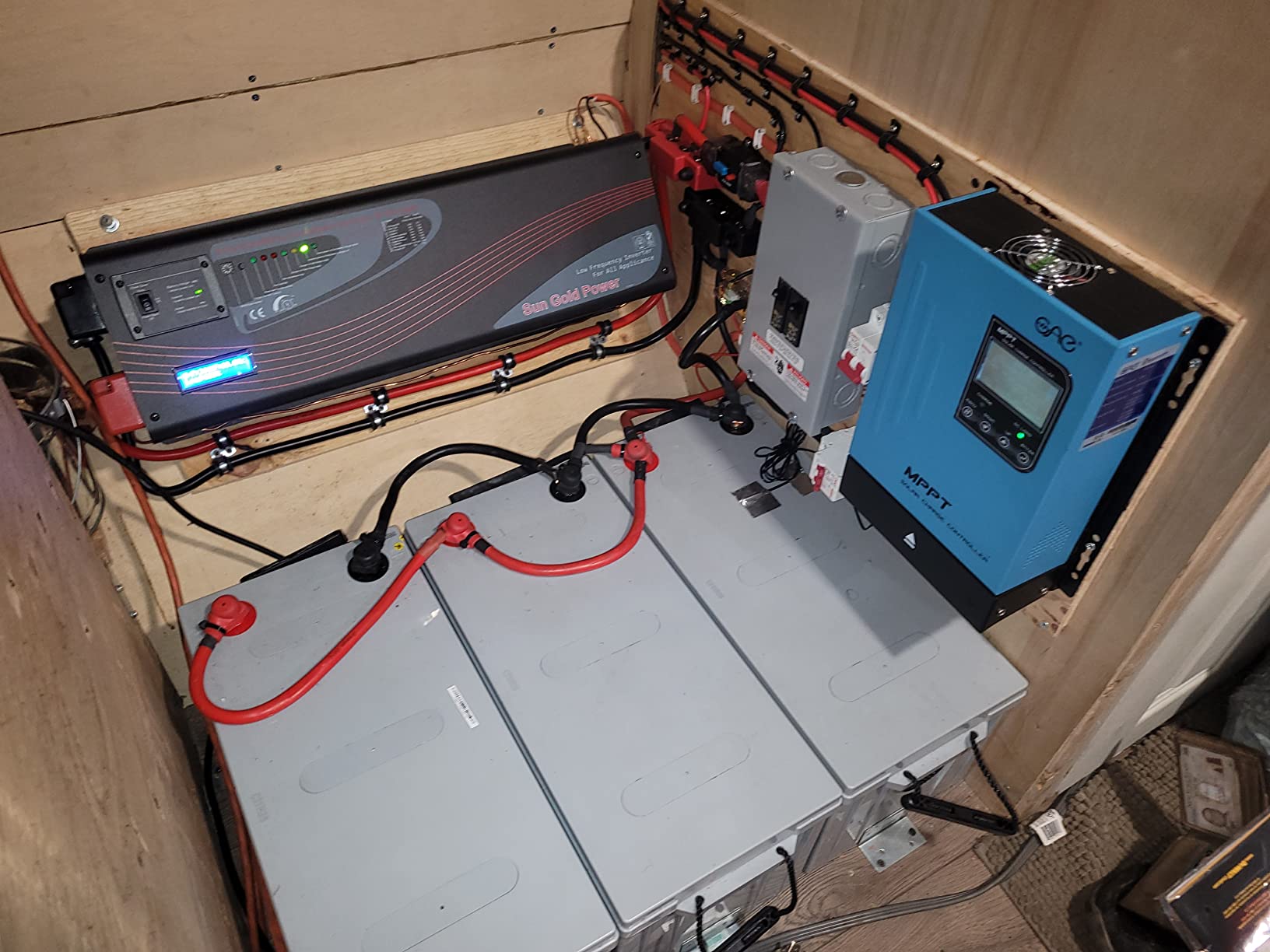
Hybrid inverters work by integrating solar power generation with battery storage systems. When solar panels produce electricity, the hybrid inverter converts this DC power into AC power for immediate use. Any excess energy is stored in the connected battery system for later use.
During periods of low solar generation or at night, the hybrid inverter draws power from the battery storage system to supply electricity to the household. If the battery is depleted, the inverter can pull AC power from the grid, ensuring a continuous power supply. This seamless switching between solar, battery, and grid power is what makes hybrid inverters so effective.
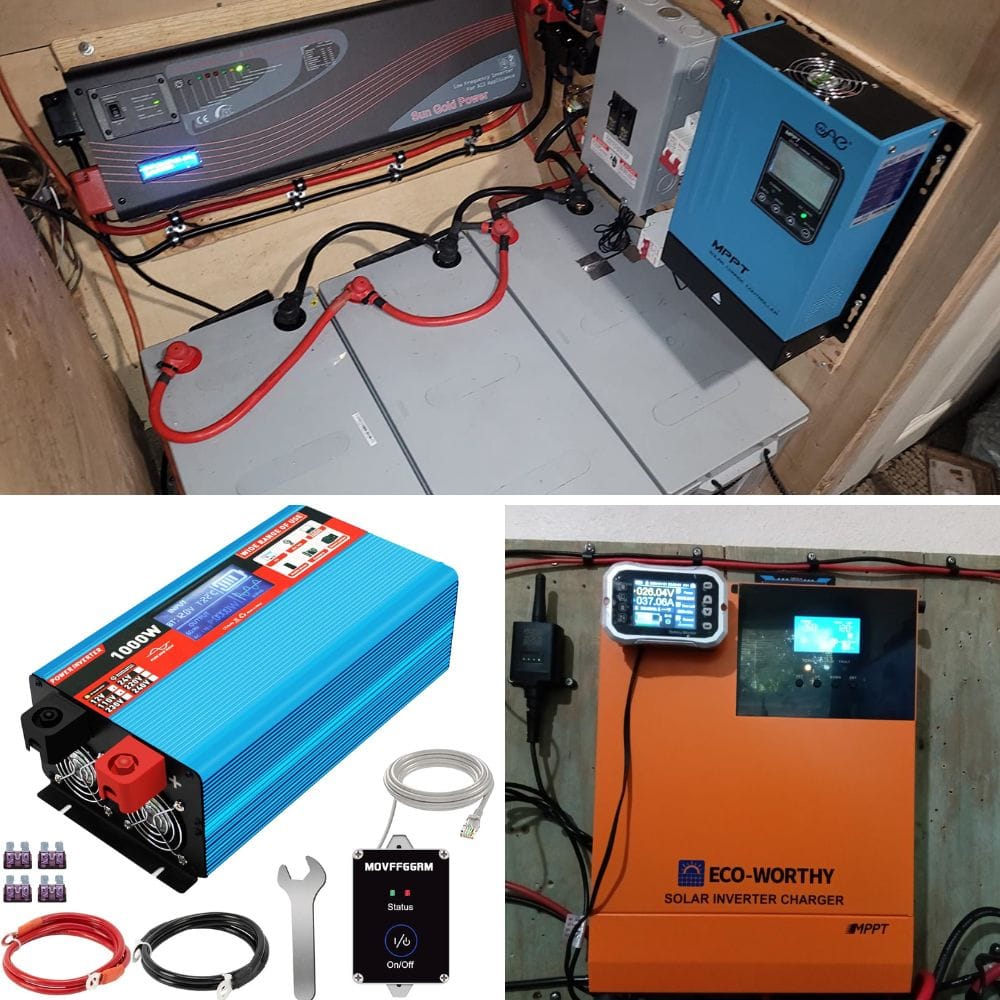
Benefits of Hybrid Inverters
One of the main advantages of hybrid inverters is their ability to supply backup power during grid outages. By storing excess solar energy in batteries, these inverters ensure that you have a reliable power source even when the grid is down. This is particularly valuable in areas prone to power outages.
Another significant advantage is energy savings. Hybrid inverters optimize solar power, reducing reliance on grid power and lowering energy bills. By storing excess solar power for later use, they make solar systems more efficient and cost-effective.
Components of a Hybrid Inverter System
A hybrid solar inverter system typically includes several key components: solar panels, hybrid solar inverters, battery storage, and monitoring software. Solar panels capture sunlight and convert it into DC electricity. The hybrid solar inverters then convert this DC electricity into usable AC power.
The battery storage system stores excess energy generated by the solar panels. This stored energy can be used during periods of low solar generation or power outages. Monitoring software allows users to track their energy production and consumption, ensuring more efficient energy management.
Types of Hybrid Inverters
There are several types of hybrid inverters available, each designed to meet specific needs. Some hybrid inverters are grid-tied, meaning they are connected to the utility grid and can draw power from it when needed. Others are off-grid, designed for use in remote areas without access to the utility grid.
Grid-tied hybrid inverters are ideal for homeowners who want to reduce their reliance on grid power while still having the option to draw power from the grid when necessary. Off-grid hybrid inverters are perfect for those seeking complete energy independence, relying solely on solar and battery storage.
Hybrid Inverters vs. Traditional Solar Inverters
Traditional solar inverters convert DC electricity from solar panels into AC electricity for immediate use. However, they cannot store excess energy. This means that any excess solar power generated during the day is sent back to the grid, often at a lower rate than the cost of grid power.
Hybrid inverters, on the other hand, store excess solar energy in batteries for later use. This not only provides backup power during outages but also maximizes the use of solar energy, reducing reliance on grid power and lowering energy bills.

Energy Independence with Hybrid Inverters
Hybrid inverters play a crucial role in achieving energy independence. By storing excess solar energy in batteries, they ensure that you have a reliable power source even when the sun isn't shining or during grid outages. This reduces reliance on grid power and provides greater control over your energy consumption.
For homeowners and businesses looking to reduce their carbon footprint and achieve greater energy independence, hybrid inverters are an excellent choice. They offer a sustainable and cost-effective solution for managing energy needs.
Solar Power Monitoring Software
Monitoring software is an essential component of a hybrid solar inverter system. It allows users to track their energy production and consumption in real time, providing valuable insights into their energy usage patterns. This information can be used to optimize energy consumption and maximize savings.
Many hybrid inverters come with built-in monitoring software, while others require separate software or apps. Regardless of the method, having access to real-time data is crucial for efficient energy management and ensuring that your solar system is performing at its best.
Battery Storage Systems
Battery storage systems are a key component of hybrid inverters. They store excess solar energy generated during the day for use during periods of low solar generation or power outages. This ensures a continuous power supply and reduces reliance on grid power.
Various types of batteries are utilized in hybrid solar systems, such as lead-acid, lithium-ion, and flow batteries. Each type has its advantages and disadvantages, and the choice of battery will depend on factors such as cost, lifespan, and energy storage capacity.
Power Outages and Backup Power
One important advantage of hybrid inverters is their capability to provide backup power in the event of grid outages. By storing excess solar energy in batteries, these inverters ensure that you have a reliable power source even when the grid is down. This is particularly valuable in areas prone to power outages.
Having a backup power source can provide peace of mind and ensure that essential household appliances and systems continue to operate during an outage. This can be especially important for homes with medical equipment or other critical systems.
Energy Savings with Hybrid Inverters
Hybrid inverters offer significant energy savings by optimizing the use of solar power and reducing reliance on grid power. By storing excess solar energy in batteries for later use, they ensure that you are making the most of your solar system and minimizing energy costs.
In addition to reducing energy bills, hybrid inverters can also increase the overall efficiency of your solar system. By ensuring that excess solar power is stored and used when needed, they maximize the return on investment for your solar installation.
Hybrid Solar Inverter System Installation
Installing a hybrid solar power system involves several steps, including selecting the right components, designing the system, and ensuring proper installation. It’s essential to work with a qualified installer who has experience with hybrid inverters and can ensure that the system is installed correctly.
The installation process usually starts with a site assessment to determine the optimal location for the solar panels and inverter. The installer will then design the system, taking into account factors such as energy needs, available space, and budget. Once the design is finalized, the installation can proceed, with the installer ensuring that all components are properly connected and configured.

Maintenance and Monitoring
Regular maintenance and monitoring are vital to ensure the optimal performance of a hybrid solar inverter system. This includes routine inspections, cleaning of solar panels, and checking the battery storage system for any issues.
Monitoring software can provide valuable insights into the performance of your system, allowing you to identify and address any issues promptly. By keeping your system well-maintained and monitored, you can ensure that it continues to operate efficiently and provides maximum energy savings.
Case Study: Residential Hybrid Inverter Installation
Consider the case of a homeowner who installed a hybrid solar inverter system to achieve greater energy independence and reduce energy bills. The system included solar panels, a hybrid inverter, and a lithium-ion battery storage system.
After installation, the homeowner was able to significantly reduce their reliance on grid power, resulting in lower energy bills. During a recent power outage, the hybrid inverter seamlessly switched to battery power, ensuring that essential household appliances continued to operate. The homeowner also used monitoring software to track energy production and consumption, optimizing their energy usage and maximizing savings.
Case Study: Commercial Hybrid Inverter Installation
A small business owner decided to install a hybrid solar inverter system to reduce energy costs and ensure a reliable power supply. The system included solar panels, a hybrid inverter, and a lead-acid battery storage system.
The installation resulted in significant energy savings, with the business owner able to reduce their reliance on grid power and lower energy bills. During a recent grid outage, the hybrid inverter provided backup power, ensuring that critical business operations continued without interruption. The business owner also used monitoring software to track energy usage and identify opportunities for further savings.
Future of Hybrid Inverters
The future of hybrid inverters looks promising, with advancements in technology and increasing demand for energy independence driving innovation. As battery storage systems become more affordable and efficient, hybrid inverters are likely to become an even more attractive option for homeowners and businesses.
In addition, the integration of smart technology and advanced monitoring software will further enhance the capabilities of hybrid inverters, allowing for more efficient energy management and greater savings. As the world continues to shift towards renewable energy sources, hybrid inverters will play a crucial role in achieving a sustainable and energy-independent future.

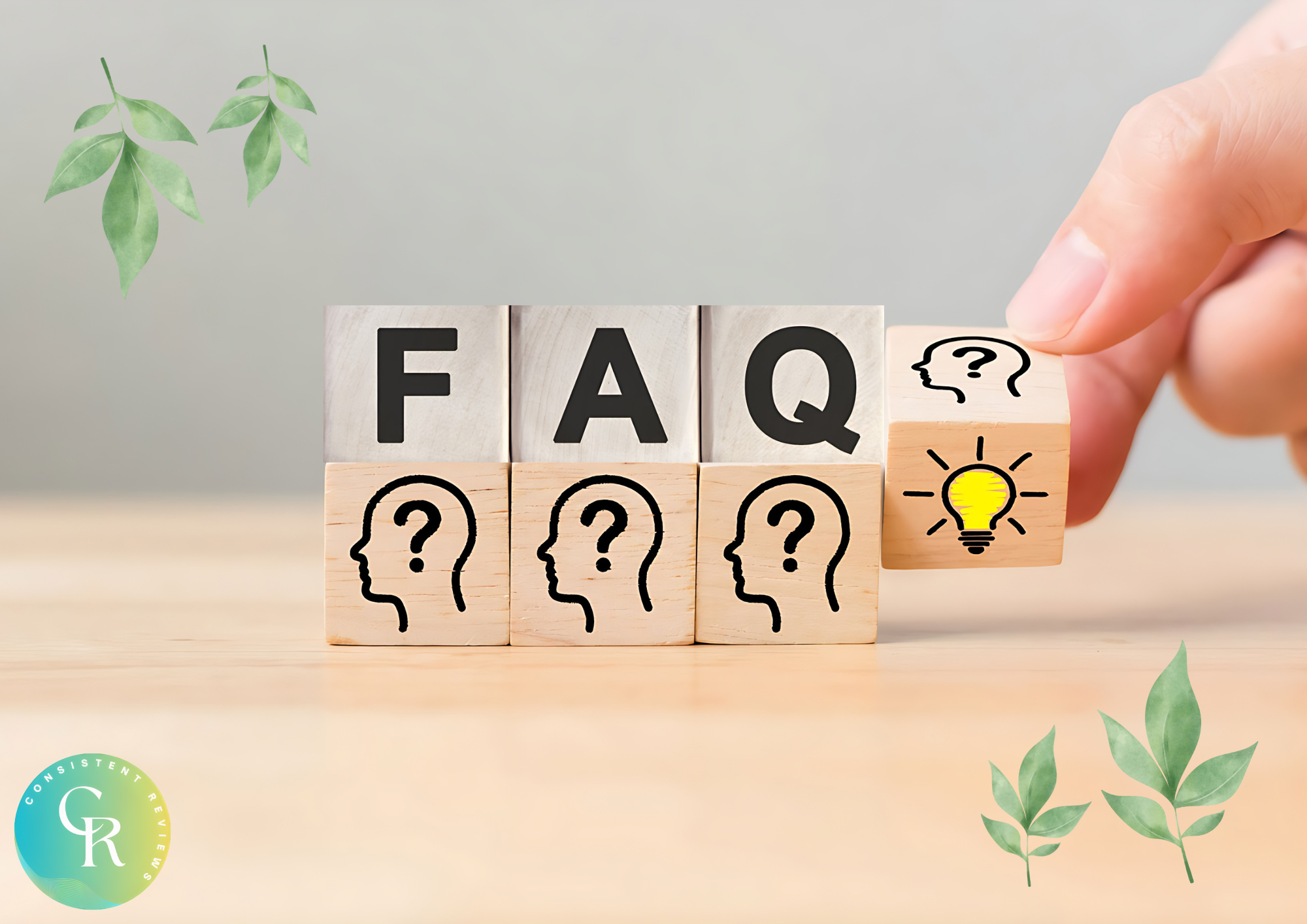
What is the difference between a hybrid inverter and a traditional solar inverter?
A traditional solar inverter converts DC electricity from solar panels into AC electricity for immediate use but does not store excess energy. A hybrid inverter, on the other hand, can store excess solar energy in batteries for later use, providing backup power during outages and optimizing energy consumption.
How do hybrid inverters provide backup power during outages?
Hybrid inverters store excess solar energy in batteries. During a grid outage, the inverter draws power from the battery storage system to supply electricity to the household, ensuring a continuous power supply.
Are hybrid inverters suitable for both residential and commercial use?
Yes, hybrid inverters are suitable for both residential and commercial use. They offer significant energy savings, provide backup power during outages, and enhance energy independence, making them an excellent choice for a wide range of applications.

Hybrid inverters are a versatile and efficient solution for managing solar power generation and battery storage systems. By combining the functionalities of traditional solar inverters and battery inverters, they provide a reliable and cost-effective way to achieve energy independence and reduce energy costs.
Whether you're a homeowner looking to reduce your reliance on grid power or a business owner seeking to lower energy bills, hybrid inverters offer a sustainable and efficient solution for your energy needs. With advancements in technology and increasing demand for renewable energy, the future of hybrid inverters looks bright.
